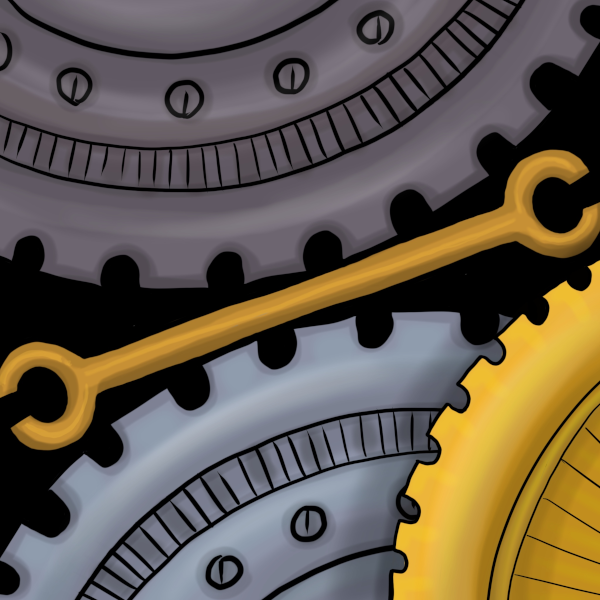

I’ve tried it all: modals, banners, rewording it, … and, like, I get it. If I contributed a few bucks to every worthwhile thing, I’d run out of money quickly. There actually is one at the bottom of every post right now, though it’s quite small, because I’ve learned that it really doesn’t matter.
Also, to be clear, I didn’t mean to complain or anything. I just wanted to explain the reality of the ecosystem as it currently exists, to the best of my knowledge.








Welcome aboard 🫡